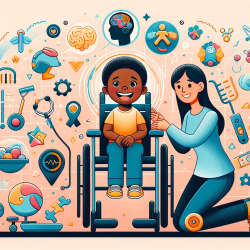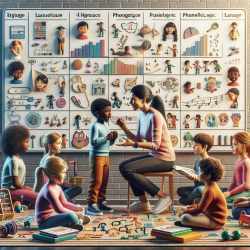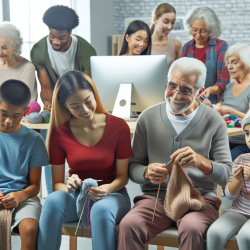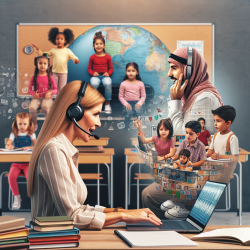Recent research, titled “We can’t handle things we don’t know about”: perceived neurorehabilitation challenges for Malawian paediatric cerebral malaria survivors, has highlighted significant gaps in the neurorehabilitation landscape for children recovering from cerebral malaria (CM) in Malawi. As a practitioner, understanding these challenges and implementing data-driven solutions is critical to improving outcomes for these vulnerable children.
Key Findings from the Study
The study identified several core challenges faced by caregivers and healthcare providers:
- Lack of Caregiver Education: Caregivers often lack essential knowledge about CM, its causes, and long-term effects. This gap hinders their ability to provide adequate support at home.
- Fear of CM Recurrence: Caregivers express significant anxiety about the potential recurrence of CM and the long-term recovery of their children.
- Funding and Infrastructure Issues: There is a substantial lack of funding for rehabilitation infrastructure, including essential medical equipment and trained personnel.
- Stigma and Sociocultural Barriers: Post-CM children and their families face considerable stigma and sociocultural barriers, limiting their access to necessary neurorehabilitative care.
- Continuity of Care: Community-based rehabilitation services are scarce, and follow-up care is often inadequate, particularly in rural areas.
Strategies for Improvement
To address these challenges, practitioners can consider the following strategies:
- Enhance Caregiver Education: Develop and distribute educational materials that explain CM, its effects, and post-discharge care practices. Training community health workers to educate caregivers can also be beneficial.
- Build Community-Based Rehabilitation Infrastructure: Advocate for and support the development of community-based rehabilitation programs. These programs should be designed to be accessible and sustainable, with input from local experts and stakeholders.
- Increase Funding and Training: Lobby for increased funding for neurorehabilitation services and the training of healthcare workers in neurodisability management. Consider community-based models that utilize non-specialists to expand access.
- Combat Stigma: Implement community education programs to reduce stigma and raise awareness about the challenges faced by post-CM children and their families. Support groups for caregivers can provide essential psychosocial support.
- Ensure Continuity of Care: Develop protocols for standardizing discharge and follow-up care for CM patients. Mobile clinical teams can provide follow-up assessments and care in rural areas.
Encouraging Further Research
While the study provides valuable insights, there is a need for further research to develop a holistic understanding of neurorehabilitation needs across different regions. Practitioners are encouraged to engage in or support research efforts to explore effective, comprehensive, and sustainable neurorehabilitation programs for post-CM children.
To read the original research paper, please follow this link: “We can’t handle things we don’t know about”: perceived neurorehabilitation challenges for Malawian paediatric cerebral malaria survivors.










